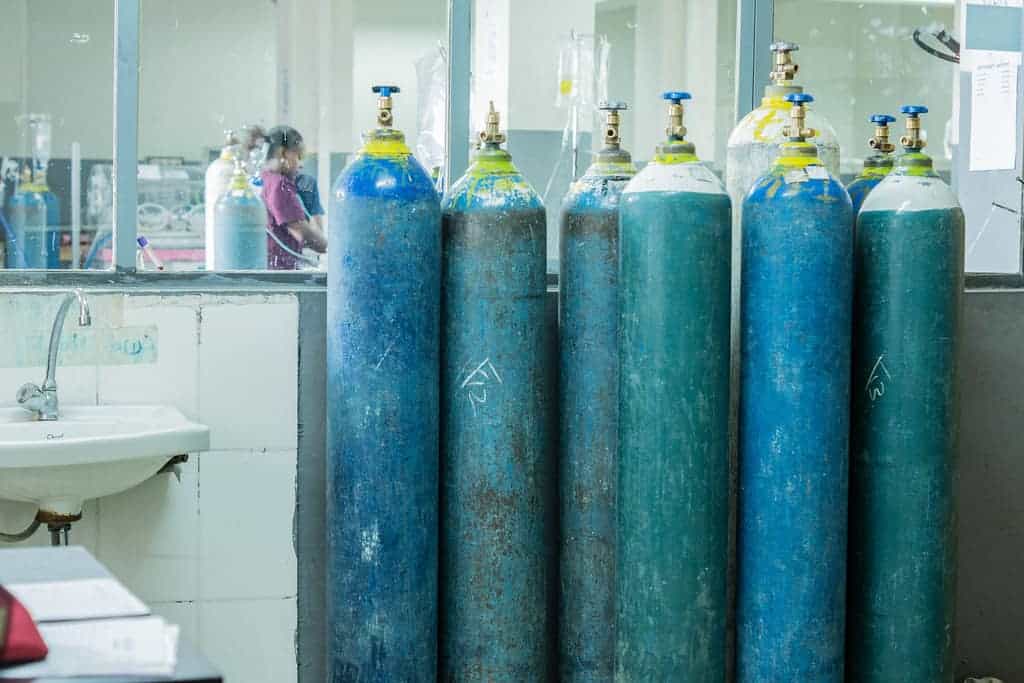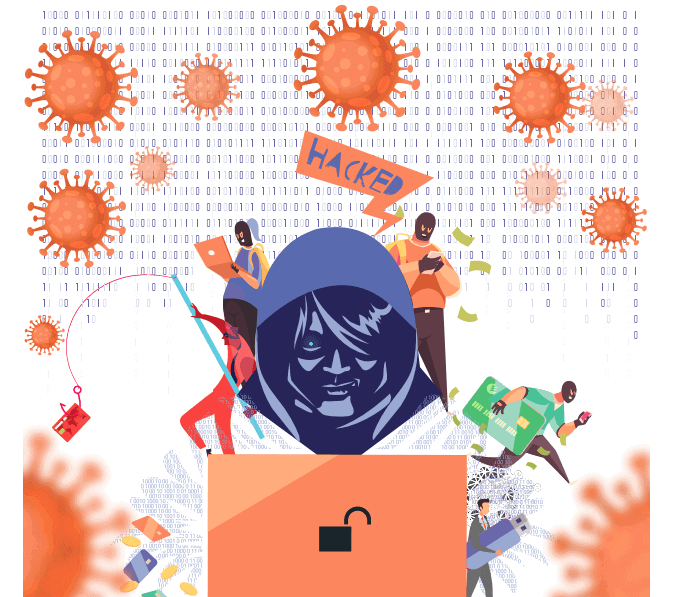India administers more than 50 cr doses of COVID-19 vaccine
On August 6th, 203 days after the vaccination drive was launched on January 15th, India administered a total of over 50 cr doses of vaccine. The Union health ministry further informed that 172 million people in the18-44 have received the first dose. Five states, Madhya Pradesh, Gujarat, Rajasthan, Maharashtra and Uttar Pradesh, have administered ovr 10 million jabs so far. As of now, India has approved four vaccines—Covishield, Covaxin, Sputnik and Moderna’s vaccine.
Source: Hindustan Times
Read more: COVID vaccination for children: What experts are saying
No action against those who distributed free medical oxygen: Delhi government
On August 5th, the Delhi government had said that it wished to take a sympathetic view against individuals or organizations who were engaged in free distribution of the COVID-19 supplies like remdesivir, oxygen etc. The government has decided to not file any case against such individuals or organizations.
Earlier, on July 8th, the Delhi government’s drug control department had filed a case against Gautam Gambhir Foundation and AAP MLAs Praveen Kumar and Imran Hussain for stocking and distributing medical oxygen and other essential supplies during the second wave. However, the Delhi High Court, while hearing the matter said that while the government failed to provide oxygen it was these ‘good samaritans’ that came forward and helped the people.
The court clarified that stocking and black marketing of essential supplies is an offence and authorities shall investigate such cases. However, cases where supply was done with a bona fide intention needs to be protected.
Source: The Indian Express
Delhi prepares for worst-case scenario
With the deployment of more than 37,000 beds, the national capital is now preparing for a worst-case scenario, said Delhi’s Health Minister Satyendar Jain. There will an immediate lockdown if the positivity rate touches 5%, Jain added. The government has also been focusing on ramping up the city’s health infrastructure by installing oxygen plants, oxygen-equipped beds, ventilators, ICUs etc. The national capital had recorded just 61 new cases and a test positivity rate of 0.08% on August 6th.
Earlier, the Delhi Disaster Management Authority had issued a color-coded response action plan for managing the spread of COVID.
Source: Livemint
Read more: Third wave of the pandemic: Is Bengaluru prepared?
No RT-PCR reports for fully vaccinated citizens, advises Union Health Ministry
In a new development, the Union Health Ministry has informed states that RT-PCR reports are no more mandatory for the entry of citizens who have received both doses of the vaccine. This advisory comes on the basis of the National Technical Advisory Group on Immunisation’s (NTGAI) conclusion that fully vaccinated persons should not be asked to provide a negative RT-PCR report. So far, there is no uniformity with respect to such travel protocols which is causing much confusion among travellers.
Some states have mandated a negative RT-PCR report while some have not. Some states have mandated a negative report even for passengers arriving by air from a specific state.
NTGAI has confirmed that vaccination remains the safest option against the virus and drastically reduces the risk of spreading the infection.
Source: Livemint
Pune: Four times increase in cybercrime
The cybercrime department of Pune police has said cases of cyber fraud have increased four times in e-commerce transactions. Fraudulent links have been used to dupe people buying items like alcohol and electronic items online. The number of such cases registered has jumped from 430 in 2019 to 1370 cases in 2020 and 1600 cases reported till July 31st this year. Posting fake advertisement on social media has been the most common form of cheating, say the police who suspect the involvement of organized syndicates of cybercriminals in these frauds. Police authorities have urged people to take the issue of cybersecurity seriously and have been organizing awareness drives on the issue.
Source: The Indian Express
Also read:
- Bengaluru Buzz: More COVID restrictions | Serosurvey in city | Property tax penalty … and more
- Chennai Buzz: 78.2% seropositivity in the city | On-street parking system to be expanded | HC questions corporation over vending certificates
- Mumbai Buzz: Oil spill in Juhu Beach | COVID19 centres reopen
Compiled by Rishabh Shrivastava

